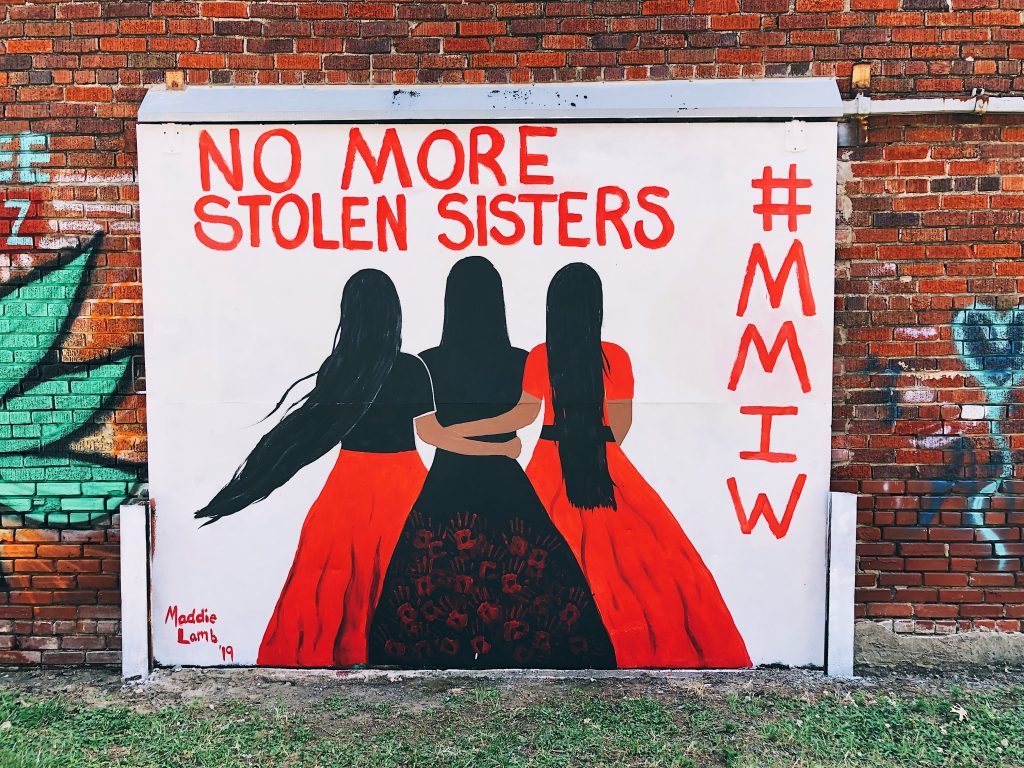
The recent viral video revealing a disturbing scene at Winnipeg’s Marlborough Hotel has exposed the grim reality faced by Indigenous women in Canada. The footage displays an Indigenous woman with her hands zip-tied behind her, with workers trying to prevent her from leaving the hotel, hinting at a broader issue of violence, trafficking, and exploitation. Upon further investigation, the basement revealed a shocking find: handprints, doors bolted shut, dirty beds, an abandoned bar, women and children’s clothing, and more. What happened at the Marlborough Hotel in Winnipeg is not an isolated incident, but rather, a glaring indicator of a systemic crisis where Indigenous women are disproportionately targeted for violence, trafficking, and exploitation, often unnoticed.
Some people may not know where to start looking when it comes to educating oneself on the issues faced by Indigenous Peoples in Canada. The Indian Act’s legacy continues to marginalize Indigenous communities, exacerbating their vulnerabilities. Many Indigenous women, faced with limited safe employment opportunities, are forced into risky occupations like sex work, heightening their risk of violence and exploitation. “Starlight Tours,” the “60s scoop” and the legacy of the Indian Act have sown deep distrust towards law enforcement, fragmented family units, and perpetuated marginalization. With few safe job options, Indigenous women are often coerced into dangerous occupations, escalating their vulnerability to violence. This is compounded by widespread substance abuse and mental health disorders, the outcomes of intergenerational trauma and the governmental disruption of cultural identity.
The Path Forward: A comprehensive approach is vital for addressing this human rights crisis. Legal reforms must prioritize the protection and justice for Indigenous women. Strengthening support systems like mental health services and ensuring safe employment opportunities are critical steps. Empowerment through Indigenous-led initiatives is key to effecting sustainable change. For legal professionals and students, there lies a responsibility to advocate for the marginalized and amplify silenced voices.
The crisis of Canada’s Missing and Murdered Indigenous women demands urgent, consistent efforts to dismantle the systemic barriers they face. As a society, we must listen, learn, and act to ensure the safety and dignity of Indigenous women. We need to do better.
